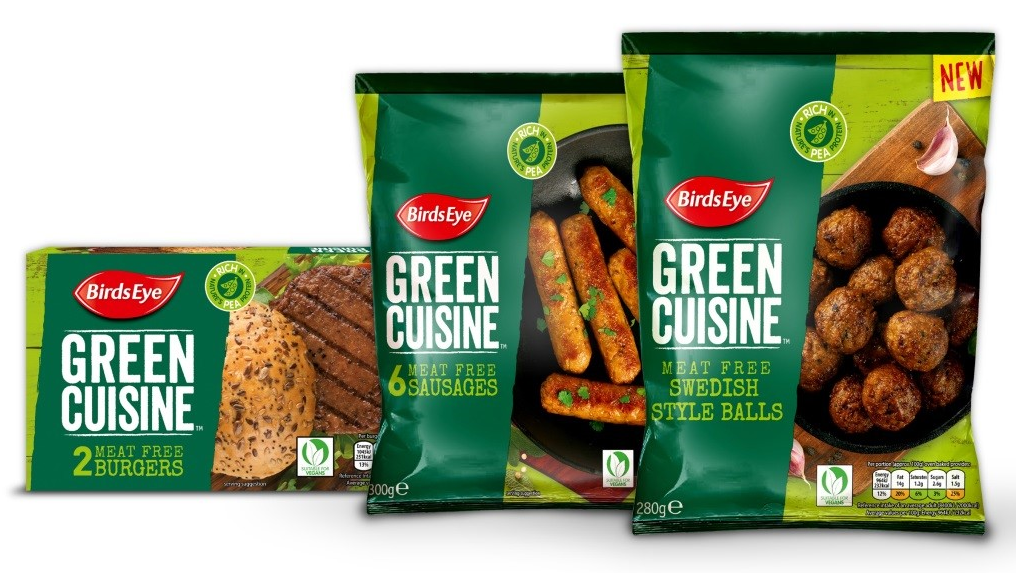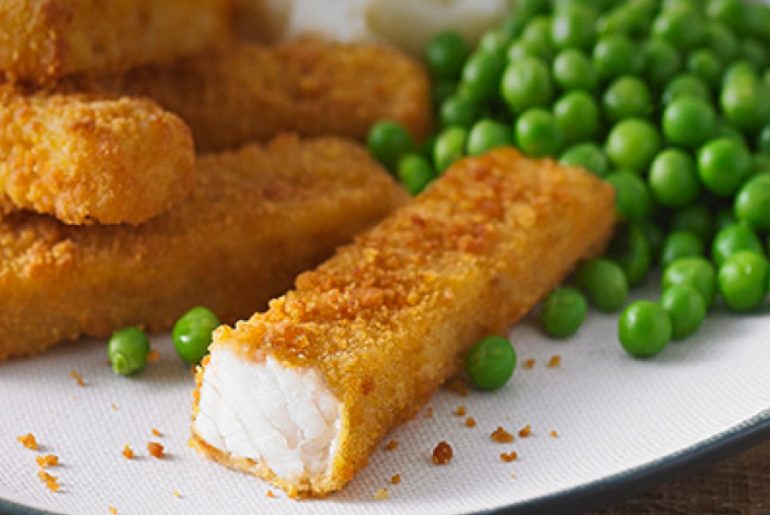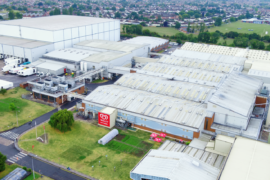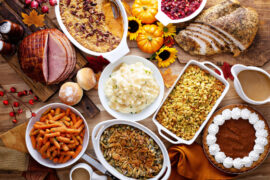Nomad Foods provided a business update ahead of investor meetings taking place at the dbAccess Virtual Global Consumer Conference on June 10, 2020. The Feltham, England-headquartered frozen food specialist’s second quarter 2020 performance is tracking ahead of management’s prior expectations, with organic revenue growth now expected to increase in the low-double digit percent range. Organic sales growth rose 14% through the first two months of Q2 and is expected to remain above historical levels during the month of June.
CEO Stefan Descheemaeker led Nomad’s presentation at the conference, pointing out that the company’s portfolio of retail brands – which include Birds Eye, Findus, Iglo, Aunt Bessie’s and Goodfella’s – has been a traditional part of consumers’ meal occasions in the UK and much of continental Europe for generations. A video webcast and slides from the event are available on the Nomad Foods’ website: www.nomadfoods.com.
Preliminary results for the first two months of the second quarter ending on May 31 are based on management’s initial analysis of operations for the two-month period and are subject to change. The company’s actual financial results for the period could differ materially from estimates as a result of the completion of closing procedures, final adjustments, or other developments arising between now and the time that Nomad’s financial results are finalized.

Meanwhile, highlights of Descheemaeker’s presentation follow below.
- Nomad Foods ranks as Europe’s leading frozen food brand company in the retail sector, boasting more than €2 billion in net revenues and logging three consecutive years of organic revenue growth. Products are distributed to 13 primary markets across Western Europe, and approximately 4,800 employees are on the payroll.
- Revenue by frozen food category is as follows: Fish, 40%; Vegetables, 19%; Potatoes, 10%; Meals, 9%; Poultry, 8%; Pizza, 8%; Other, 6%.
- Western Europe’s savory frozen food retail market is valued at €27 billion, according to Euromonitor. Nomad Foods is the brand leader by far, followed in descending order by Dr. Oetker, Nestlé, McCain Foods, Bofrost, Frosta and Orkla in the top eight rankings.
- Consumption of frozen food products in the UK has grown across all occasions during the Covid-19 public health crisis, detailed for as follows by Kantar: Breakfast, +31%; Lunch, +68%; Teatime, +30%; Evening Meal, +28%.
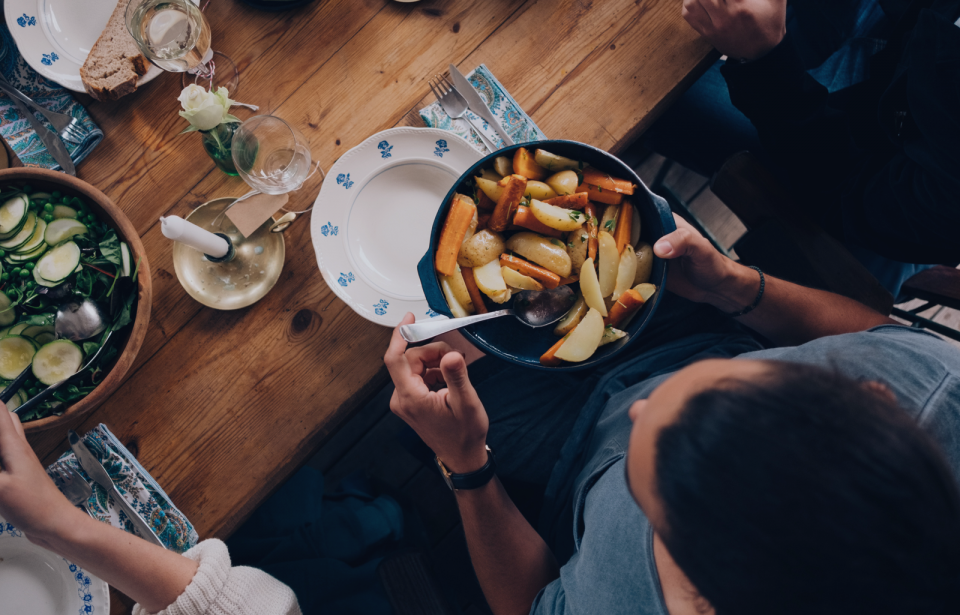
Online Sales Growth Surges 80% Year-on-Year
- In 2019, e-commerce represented 5% of total Nomad sales and grew by a high-single digit percentage.
- Since March of 2020, e-commerce growth has accelerated significantly and now represents 7% of total Nomad sales.
- Online retailers have made significant investments throughout the coronavirus pandemic, unlocking fulfillment bottlenecks.
- Nomad’s market share online is 40% higher than in-store, with a greater percentage of volume sold at full price.
- Frozen food is a planned purchase and a category that is added earlier to consumers’ shopping carts online vs. in-store.
Actions to Convert Momentum into Long-term Growth
- Educate consumers on the benefits of frozen food and encourage better utilization of home freezers, which are opened an average of eight times per week versus 42 times for refrigerator doors and 24 times for pantry cupboards.
- Strengthen retail distribution both in-store and online. Baskets with frozen food are worth approximately 80% more than those without frozen products. Nomad’s market share is 40% higher online than in brick and mortar stores.
- Deliver breakthrough innovation by continuing to develop “big bet” launches such as Green Cuisine plant-based meat-free products, which will be positioned in 10 European markets by July after having been successfully introduced in Britain last year. The sub-brand currently has a 5% share of the UK market for meat-free frozen products. Nomad expects Green Cuisine to ring up more than €100 million in annual sales by 2022.
